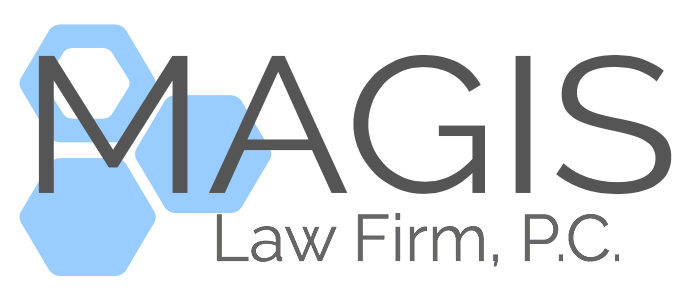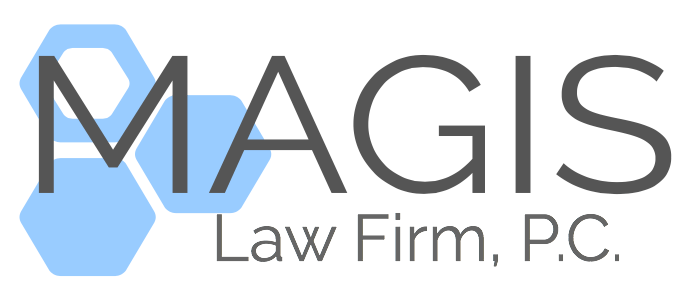The Stark Law prohibits a referral by a physician of a Medicare or Medicaid patient to an entity for the provision of designated health services if the physician or an immediate family member has a financial relationship with that entity. The Stark Law contains numerous exceptions, and this section will explore those that may be pertinent to the HealthTech sector; however, it is not meant to be comprehensive as special circumstances may allow for another exception to apply.
There are approximately 25 exceptions to the Stark Law that fit into three broad categories, pertaining to: ownership, compensation, or both ownership and compensation. The exception must be followed precisely in order for it to apply. The financial relationship can be either direct (through ownership or investment) or indirect (through compensation, contract, gifts, discounts or other remuneration). Notably, the Stark Law is a strict liability statute, meaning intent is irrelevant when determining violation of the law.
In the context of HealthTech companies, investments by physicians and compensation plans with physician employees or independent contractors should be viewed with scrutiny. For example, a HealthTech company developing the next generation radiology imaging device may be held liable for a Stark Law violation if a physician investor, who is a radiologist, utilizes the company’s product as part of his or her practice, and the product is used to bill and collect for a designated health service (in which radiology services are included).
Items or services of information technology provided by an entity to a physician that allow access to, and sharing of, electronic healthcare records and any complementary drug information systems, general health information, medical alerts, and related information for patients served by community providers and practitioners, in order to enhance the community’s overall health, are exempted from the Stark Law, provided that: (i) the items or services are available as necessary to enable the physician to participate in a community-wide health information system, are principally used by the physician as part of the community-wide health information system, and are not provided to the physician in any manner that takes into account the volume or value of referrals or other business generated by the physician; (ii) the community-wide health information systems are available to all providers, practitioners, and residents of the community who desire to participate; and (iii) the arrangement does not violate the Anti-Kickback Statute, or any federal or state law or regulation governing billing or claims submission.
Any amount paid by an employer to a physician (or immediate family member) who has a bona fide employment relationship with the employer is not in violation of the Stark Law if the following conditions are met: (1) the employment is for identifiable services; (2) the amount of the remuneration is consistent with the fair market value of the services and is not determined in a manner that takes into account (directly or indirectly) the volume or value of any referrals by the referring physician; and (3) the remuneration is provided under an arrangement that would be commercially reasonable even if no referrals were made to the employer. Notably, this exception does not prohibit a productivity bonus based on services performed personally by the physician (or immediate family member).
Remuneration from an entity under an arrangement or multiple arrangements to a physician or his or her immediate family member, or to a group practice, is not in violation of the Stark Law if the conditions within the exception are met.
Non-monetary remuneration (consisting of items and services in the form of hardware, software, or information technology and training services) necessary and used solely to receive and transmit electronic prescription information does not constitute a financial relationship so long as all of the conditions in the exception are met.
Generally, payments for the use of office space made by a lessee to a lessor fall within a Stark Law exception if the arrangement meets the exception requirements. Similarly, payments made by a lessee to a lessor for the use of equipment do not constitute a financial relationship under the exception’s conditions.
Matt DeNoncour is the owner of Magis Law Firm, a solo law firm based in Boston, MA, where he provides legal services to the healthcare, biotechnology, and business communities. You can reach Matt at magislawfirm.com, by phone at 857-242-6826 or by email at matt@magislawfirm.com. This post is not meant to be legal advice: learn more here.



